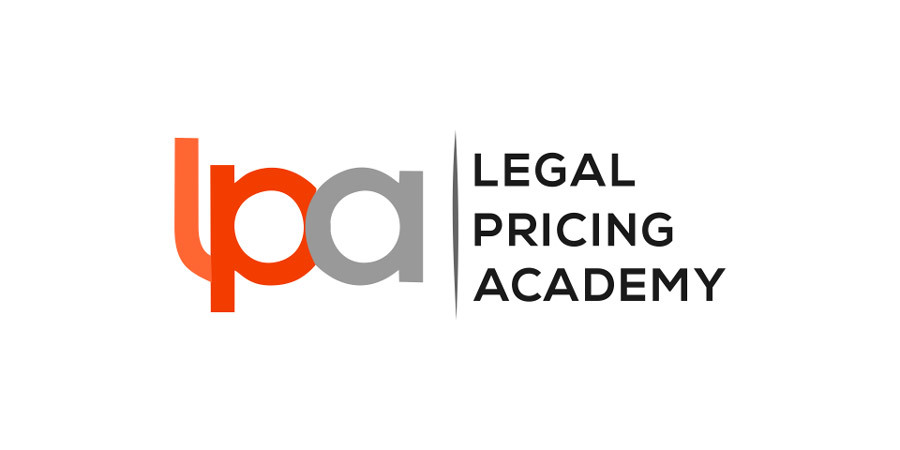Was it the public who started insisting on it or was it lawyers who thought it would be a splendid way to differentiate themselves from their competitors, and lure clients into the fold as a precursor to good fee paying work?
Where on earth did this come from?
In the case of free legal advice, it is difficult to recall which came first, the chicken or the egg; or more correctly, was it the public who started insisting on it or was it lawyers who thought it would be a splendid way to differentiate themselves from their competitors, and lure clients into the fold as a precursor to good fee paying work? Whatever the explanation, the strategy is misunderstood and misused by most practitioners who engage in it, and in so doing, they are making a rod for their own backs and undermining themselves as professionals.
Why is it that you don't see other traditional professions indulging in this sort of thing; “Good morning Mr Brown, we're finding that many of our patients are quite price sensitive these days so here's what we've done; normally I would have an extensive initial interview with you as part of the process leading up to your operation but we have been able to keep the cost down by doing away with that initial consultation”. Or what about; “Hello Mrs Smith, I know that you have been admitted for your hysterectomy but while you are here, we can check you from top to toe and remove any melanoma spots for half the usual price!” Most of us would be appalled.
Be careful what you wish for...
Yet little consideration is given to the potential damage that can be inflicted as a result of the strategy including:
- Whilst everyone loves a bargain, there is a point at which the lawyers’ willingness to trade off price and professionalism, will see even the most cynical of legal consumers begin to question what is being sacrificed at their ultimate cost.
- Revenue is often sacrificed at a time when the work least justifies it. Perversely, it seems to be on the work that is already marginally profitable that most of the free offerings occur. If the particular piece of work was already marginally profitable, why would you aggravate that by adding ‘freebies’?
- You undermine the value of the work that is being given away. One of the worst examples of this is free Wills. The law associated with Will drafting has always been complex and over the years it has become increasingly so with the proliferation of more complicated family and relationship structures. However, the charges made for the preparation of Wills have declined in inverse proportion to their increasing complexity and risk. The profession has to take a considerable amount of the blame for having created a perception in the minds of many that the process of preparing Wills is little more than filling in the blanks on a standard form.
- You also undermine the value of the future work that you hope to obtain from the client on a normal full fee basis. Having undertaken some work for nothing, you have created a mindset in the client that will make it very difficult to charge properly in the future.
- From a professional liability perspective, it is never going to be a satisfactory defence to an allegation of negligence that little or nothing was charged for the work. Why would we want to assume all that worry, risk and responsibility for little or no fee?
Exceptional vaue is not the same as discounting...
There is nothing wrong with practitioners seeking to deliver exceptional value. This is to be encouraged. It is far more constructive and better serves the client and the practitioner if the focus is on the delivery of exceptional value rather than constant discounting and free advice. However it is vital that we understand that delivering great value has absolutely nothing to do with discounting and free consultations. Too many practitioners confuse the two concepts.
There are certainly instances where it is both appropriate and justifiable to undertake work for free. All practitioners undertake pro bono work from time to time whether on a structured or an ad hoc basis.
Rewarding clients for their loyalty and spend levels is also appropriate justification for discounting or free add-ons. For example, you might act for a property developer who you charge full fees for all the usual legal work but the sale and purchase of their own home might be undertaken for free.
Secondment of an associate to work in-house with a commercial client for three months is a form of free legal advice but it is usually part of a broader arrangement between the firm and the client that works to their mutual benefit.
Discounting should only ever be strategic...
This sort of approach to undertaking free or heavily discounted work can make good sense. In each of these cases however, they have a strategic underpinning. In the case of the pro bono work, aside from the feel-good factor, it can be justified as part of the firm's marketing and branding strategy. In the case of the property developer, it is intended to retrospectively reward loyalty and spend, and create a sense of obligation and reciprocity. In the case of the secondment to a commercial client, this will be part of a much larger arrangement, and it is designed to deepen the relationship, create increased mutual dependency and help the firm to deepen its understanding of the client and the industry in which the client operates.
Offering a free first consultation or something similar in the vague hope that it may lead to some proper full-paying work or that this is what practitioners must now do to be competitive, just makes no sense at all. As the saying goes, hope is not a strategy.

